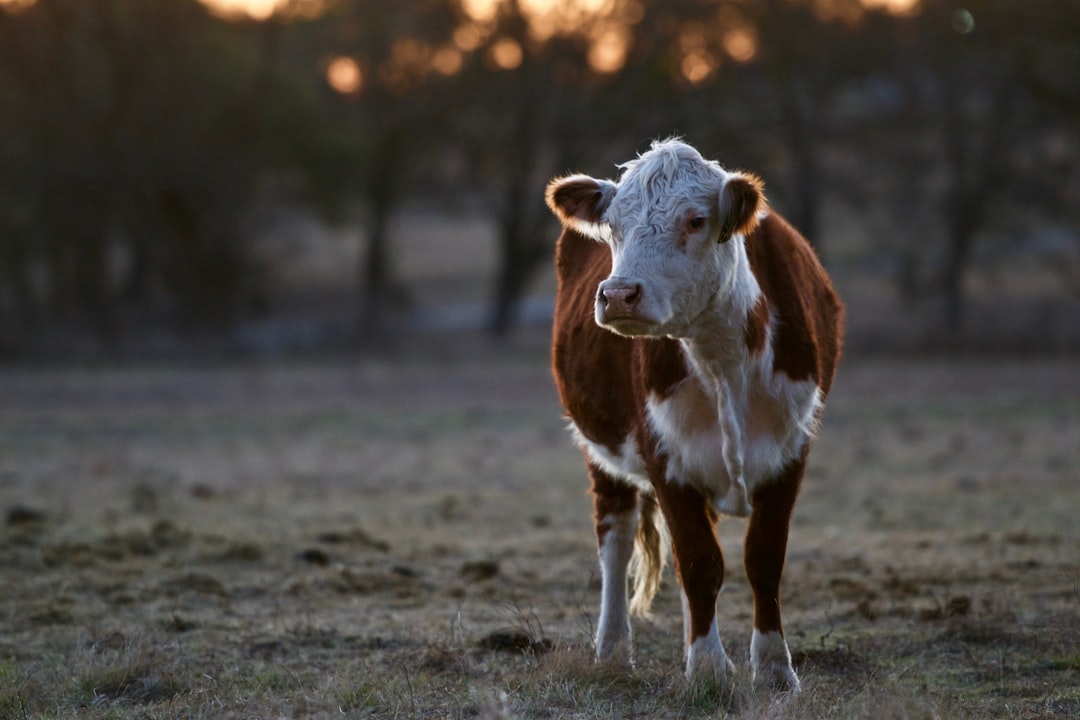
Australian Liberal Party Opposition Leader Sussan Ley and Shadow Foreign Minister Michaelia Cash attend a roundtable meeting with small hospitality business owners on in Perth, Australia on Sept. 30, 2025. Matt Jelonek/Getty Images
The Liberal Party has formally abandoned its commitment to reaching net-zero emissions by 2050, ending weeks of internal clashes that have exposed deep ideological fractures and placed deputy leader Sussan Ley under pressure.
Senior Liberal sources confirmed the shift after a lengthy shadow cabinet meeting on Nov. 13.
The party voted to abandon the long-held target but keep Australia in the 2015 Paris Agreement, which obliges countries to steadily increase emission cuts.
The move follows an intense four-hour shadow ministers’ meeting in the day, and a five-hour meeting of the entire Liberal party room on Nov. 12, where most of the 51 MPs and senators argued in favour of dumping the 2050 goal.
The outcome marks a major victory for the party’s conservative faction and a setback for moderates, who warn the change could make it harder to regain inner-city seats lost in recent elections.
The move follows a similar shift by the Liberals’ Coalition partner. On Nov. 2, the Nationals unanimously resolved to abandon their commitment to reach net-zero greenhouse-gas emissions by 2050.
Party leader David Littleproud said the change reflected a shift from mitigation to adaptation, arguing that “regional Australia is being torn apart [by net zero]. Let’s do this a fairer way.”
taxes.”
Tensions Rise Among Moderates
Not all Liberals, however, support the new direction.
Climate Change Authority chair and former NSW Liberal treasurer Matt Kean criticised the direction of the party, saying that ditching net zero or delaying action was “another form of denial selling.”
The Coalition will now need to reconcile these differing internal views. The Liberals must settle on a unified position with the Nationals ahead of a scheduled joint party room meeting on Nov. 16, where a final stance is expected to be locked in.
Energy spokesman Dan Tehan laid out 10 guiding principles that shaped the decision, centred on affordability, stability of the power system, and emissions reduction.
The principles also call for extending the life of ageing coal plants “for as long as possible,” lifting the ban on nuclear energy, and rolling back what the Liberals describe as Labor’s “sneaky carbon
The shift has heightened anxiety among moderates, several of whom have privately raised concerns about remaining in the shadow cabinet if the party formalises a retreat from its existing pledge.
NSW senators Andrew Bragg and Maria Kovacic are among those who have expressed misgivings.



















